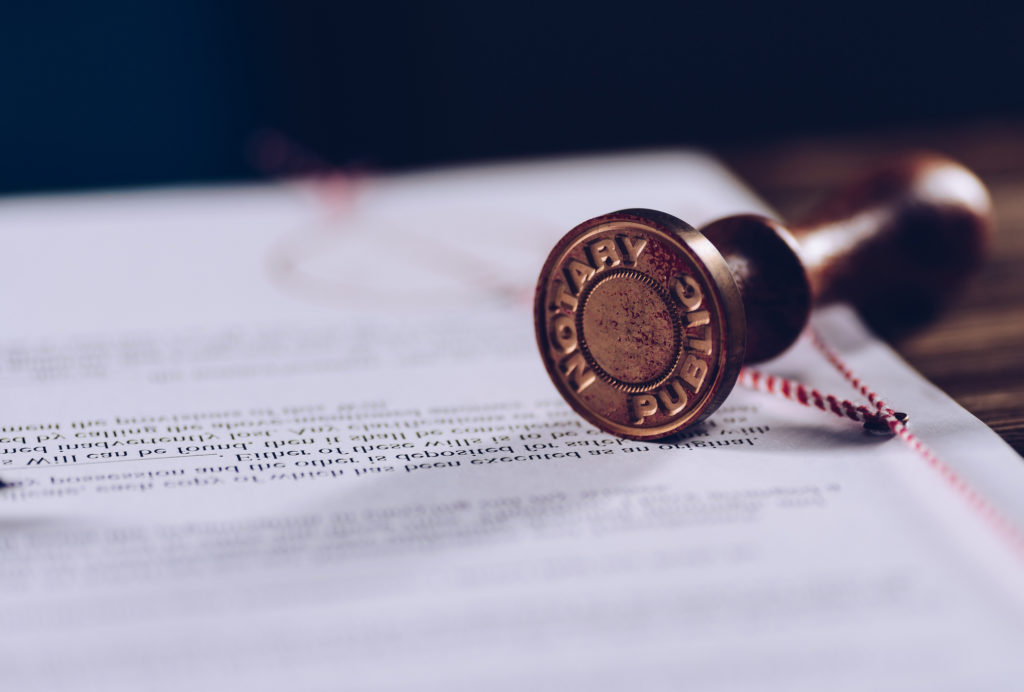Apostille Process Explained: Simplifying Global Record Verification
Apostille Process Explained: Simplifying Global Record Verification
Blog Article
Demystifying Notarial Work: Simplifying the Role and Importance of Notaries
In the intricate web of lawful documents and verification, notaries stand as pillars of guarantee and authenticity. Their role, frequently shrouded in enigma for numerous, carries significant weight in making certain the credibility and stability of important documents. As guardians of legitimacy and truth, notaries play a crucial component in our society, yet their work is not constantly fully comprehended. By deciphering the complexities shedding and bordering notarial methods light on the significance of their acts, a more clear understanding arises of the crucial duty notaries play in maintaining the textile of legal and legal agreements.
The History of Notarial Job
The background of notarial work dates back to ancient civilizations, where scribes played a vital role in videotaping crucial details and validating files. This led to the development of notaries, people selected by the state to act as neutral witnesses in lawful issues.
Throughout the Middle Ages, notaries obtained prominence in Europe, with their features increasing to consist of preparing legal documents, licensing trademarks, and maintaining documents. The rise of worldwide profession even more emphasized the importance of notarial work in validating contracts and contracts throughout borders.
In the contemporary era, notaries continue to play an important function in legal and service transactions by validating identities, verifying the authenticity of files, and protecting against fraudulence. Their role in licensing the legitimacy of arrangements adds a layer of safety and trust to the ever-evolving landscape of business and legislation.

Responsibilities and Duties of Notaries
Notaries play an important duty in verifying the credibility of papers and the identification of signatories. One of their primary obligations is to witness the finalizing of vital files, such as deeds, agreements, and wills, to make sure that all celebrations are entering right into arrangements knowingly and willingly.
Furthermore, notaries are entrusted with providing oaths and affirmations, which are critical in legal proceedings and the execution of sworn statements. They license copies of initial files, offering guarantee to institutions that the duplicates are real reproductions of the originals. Notaries should maintain precise records of all purchases they manage to guarantee openness and liability. In general, the responsibilities and obligations of notaries are crucial in protecting the stability and validity of different documents and deals.
Notarial Certificates and Signatures
Exhibiting meticulous focus to information, notarial certifications and trademarks act as crucial elements in confirming the credibility of lawful files. Notarial certifications commonly include essential information such as the date of registration, the names of the notaries, a description of the paper, and the notary's official seal. These certificates provide a clear record of the notarial act, guaranteeing that the paper can be quickly determined and mapped back to the notary that oversaw the procedure.
Trademarks play a critical role in notarial job, as they indicate the arrangement and consent of the celebrations included. Notaries carefully witness the finalizing of papers to validate the identity of the signatories and verify that they are signing of their very own totally free will. By fastening their main seal and signature to the record, notaries accredit that the required procedures have been complied with which the paper is enforceable and valid.
Fundamentally, notarial certificates and signatures are the hallmark of credibility in lawful deals, providing guarantee to all parties involved that the records are reputable and binding.
Importance of Notarial Acts

Notarization Process Discussed
Clarifying the registration process offers clearness on the vital steps included in verifying legal files. The notarization procedure normally starts with the specific providing the paper to a notary public. The notary then verifies the signer's identification via acceptable recognition approaches. When the identity is validated, the notary makes sure that the individual signing the document does so voluntarily and with no coercion.

Final Thought

Notarial certifications typically consist of vital info such as the day of registration, the names of the signatories, a description of the document, and the notary's official seal. These certificates offer a clear document of the notarial act, ensuring that the paper can be conveniently identified and traced back to the notary who oversaw the process.
By attaching their official seal and signature to the paper, notaries accredit that the essential treatments have been followed and that the record is legitimate and enforceable.
By confirming the identification of the signatories, validating their determination to enter into the agreement, and certifying the day and place of the signing, notaries play a crucial role in promoting the validity of legal papers.After the record is signed, the notary will affix their official seal or stamp onto the document.
Report this page